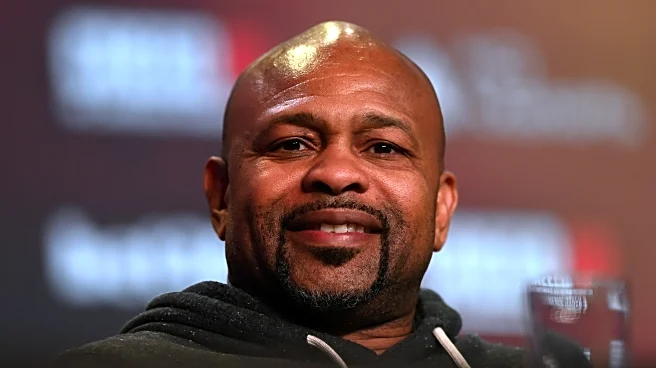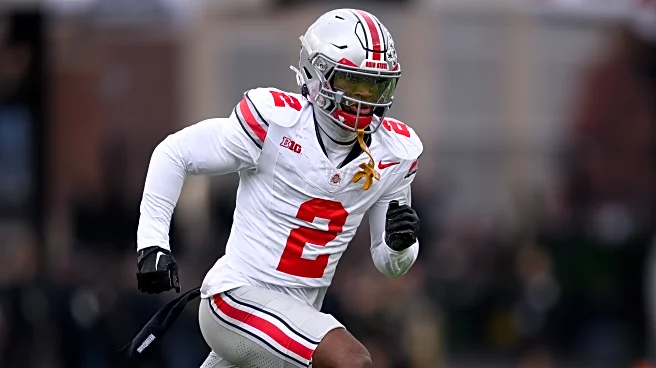Rapid Read • 8 min read
The Atlantic Council, a think tank based in Washington, D.C., focuses on international affairs, particularly the North Atlantic Treaty Organization (NATO) and the Atlantic alliance. Founded in 1961 by former Secretaries of State Dean Acheson and Christian Herter, the Council aims to foster a close relationship between the U.S. and Europe. It conducts research and provides policy recommendations on issues such as climate change, economic development, and democracy advocacy. The Council is funded by U.S. taxpayers through donations from various federal departments, including the Department of State. It has expanded its scope over the decades, hosting seminars, fellowships, and conferences to educate political leaders and promote dialogue on global issues.
AD
The Atlantic Council plays a significant role in shaping U.S. foreign policy and international relations by promoting constructive leadership and engagement. Its research and recommendations influence policymakers and contribute to global discussions on pressing issues like climate change and democracy. The Council's activities help maintain the U.S.'s strategic alliances, particularly with Europe, which is crucial for collective security and economic prosperity. By fostering dialogue and collaboration, the Council supports the U.S.'s position as a global leader, addressing challenges that require international cooperation.
The Atlantic Council continues to expand its programs and initiatives, focusing on emerging global challenges. It aims to strengthen its partnerships with governments, businesses, and civil society to develop innovative solutions. The Council's future activities may include increased emphasis on technology and digital security, as well as addressing geopolitical tensions. As global dynamics evolve, the Council's role in facilitating dialogue and collaboration will be crucial in shaping policy responses and maintaining international stability.
The Atlantic Council's involvement in corporate partnerships and its funding sources have raised questions about transparency and potential conflicts of interest. The Council's relationship with entities like Burisma Holdings and its stance on projects like the Nord Stream 2 pipeline highlight the complexities of balancing diverse viewpoints within the organization. These controversies underscore the ethical challenges faced by think tanks in maintaining intellectual independence while engaging with various stakeholders.
AD
More Stories You Might Enjoy












